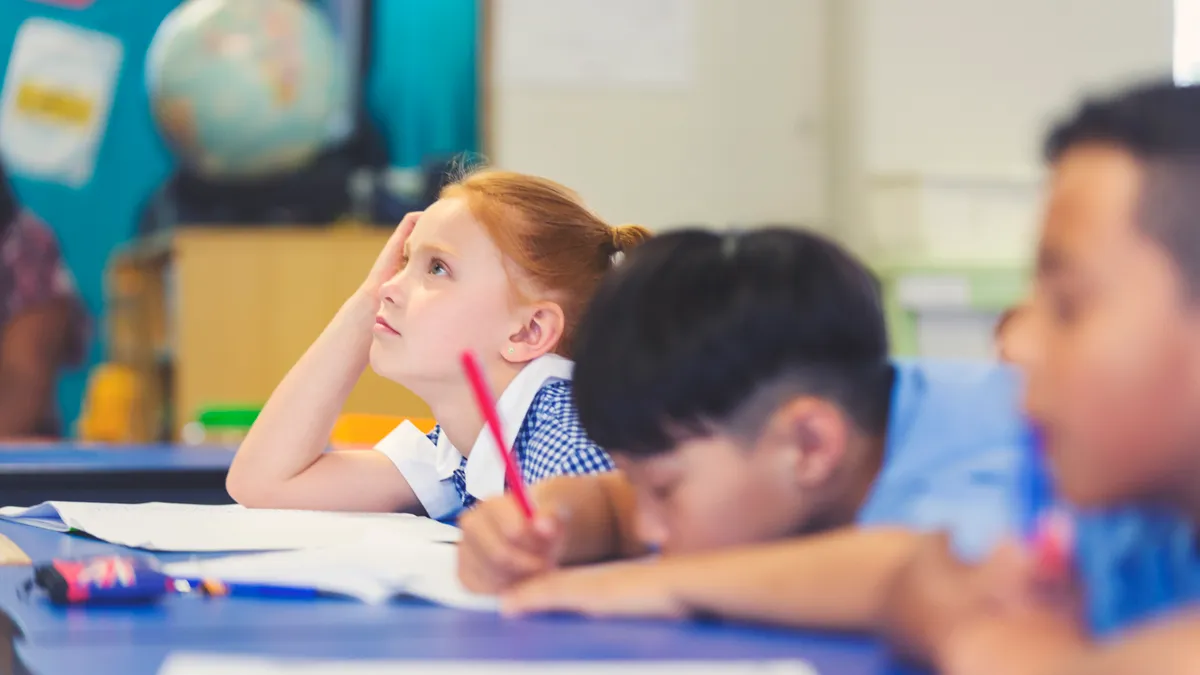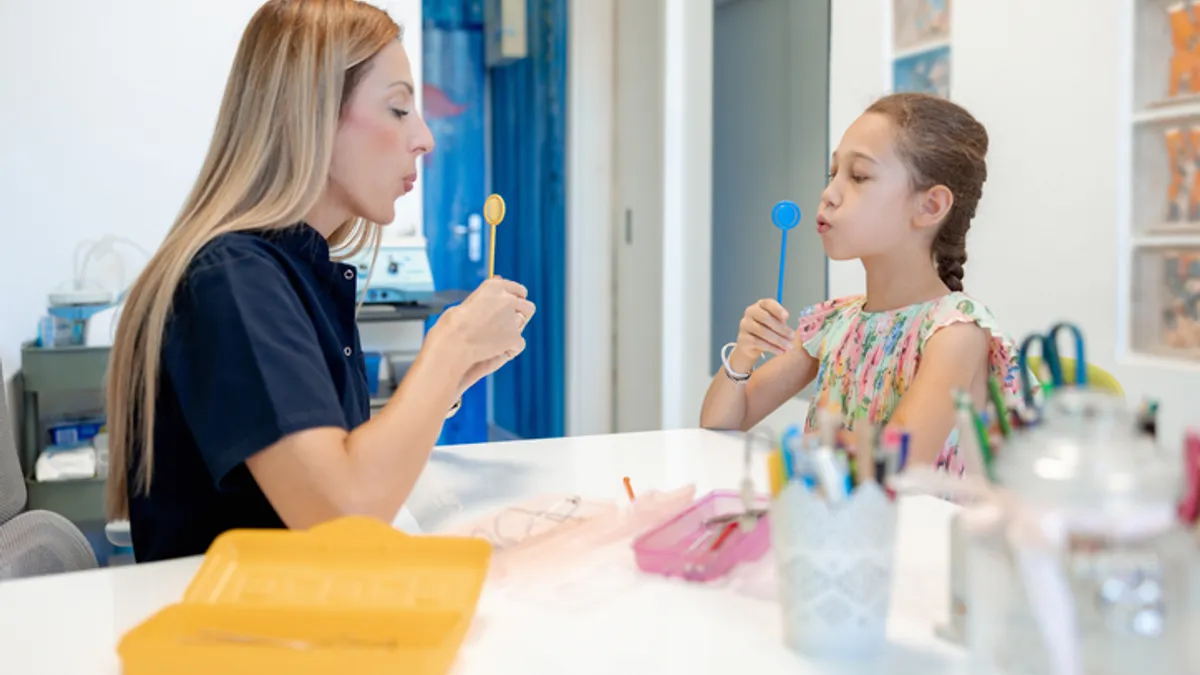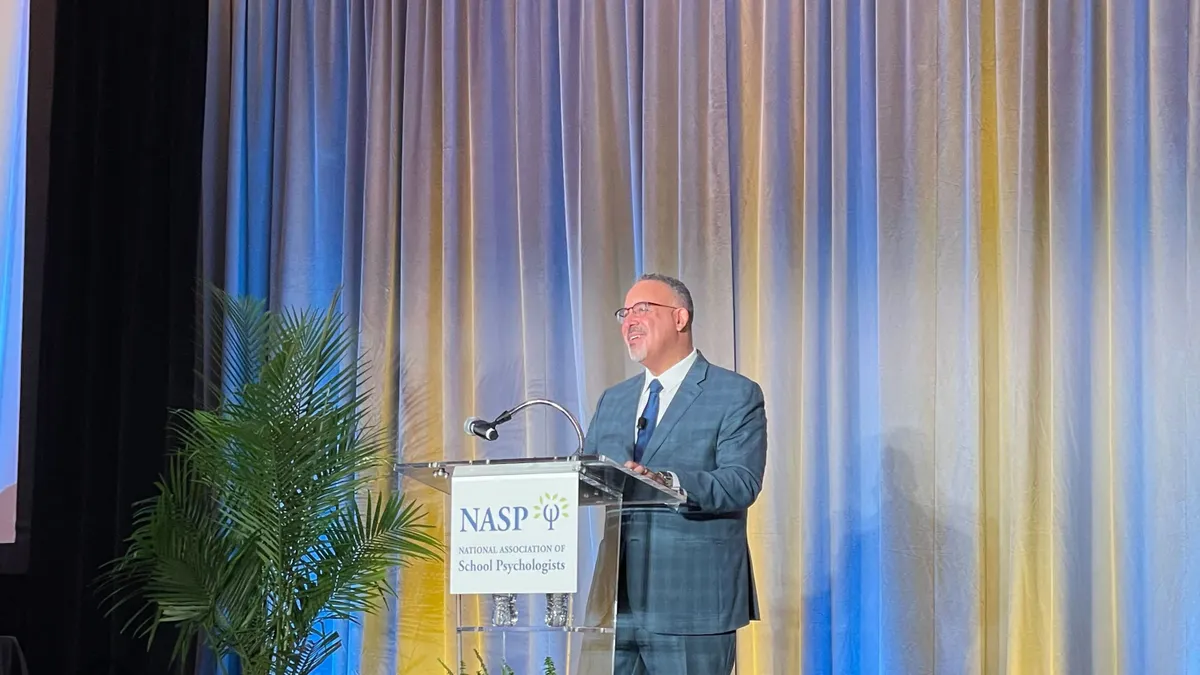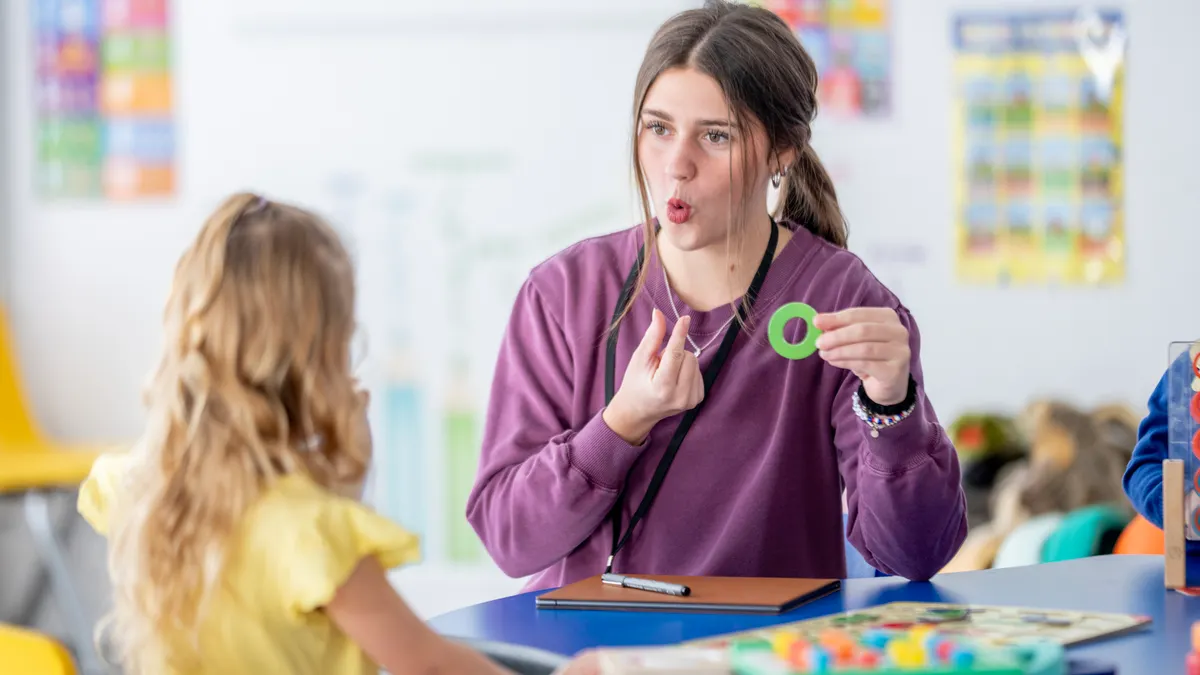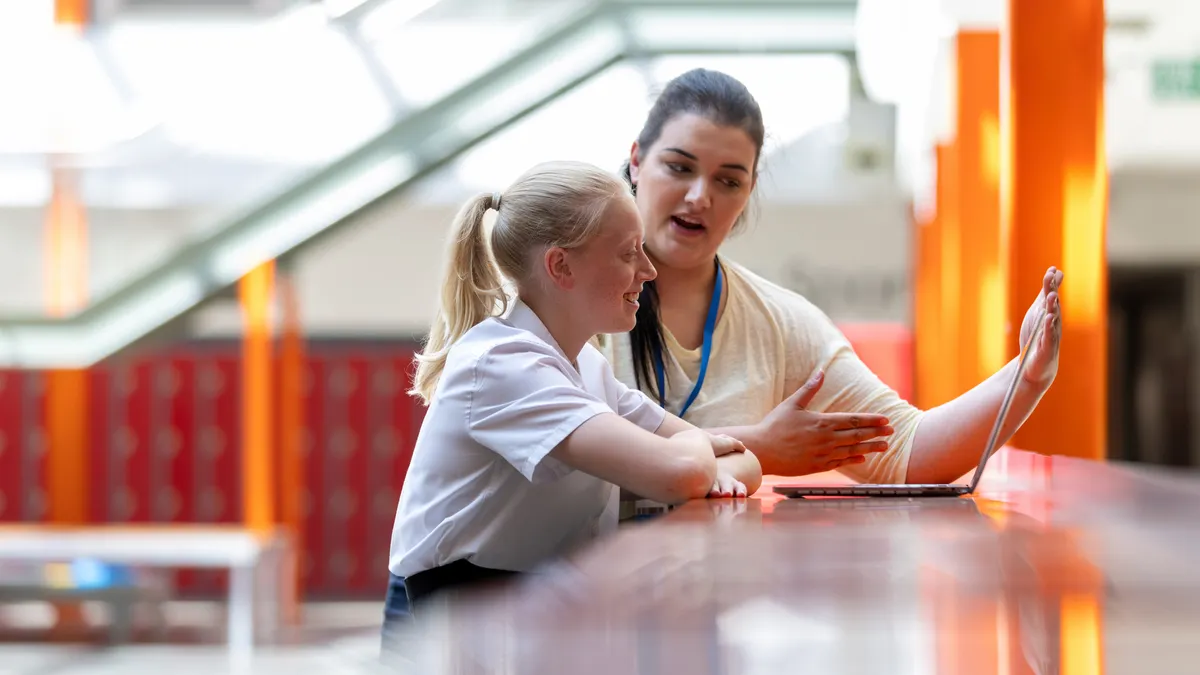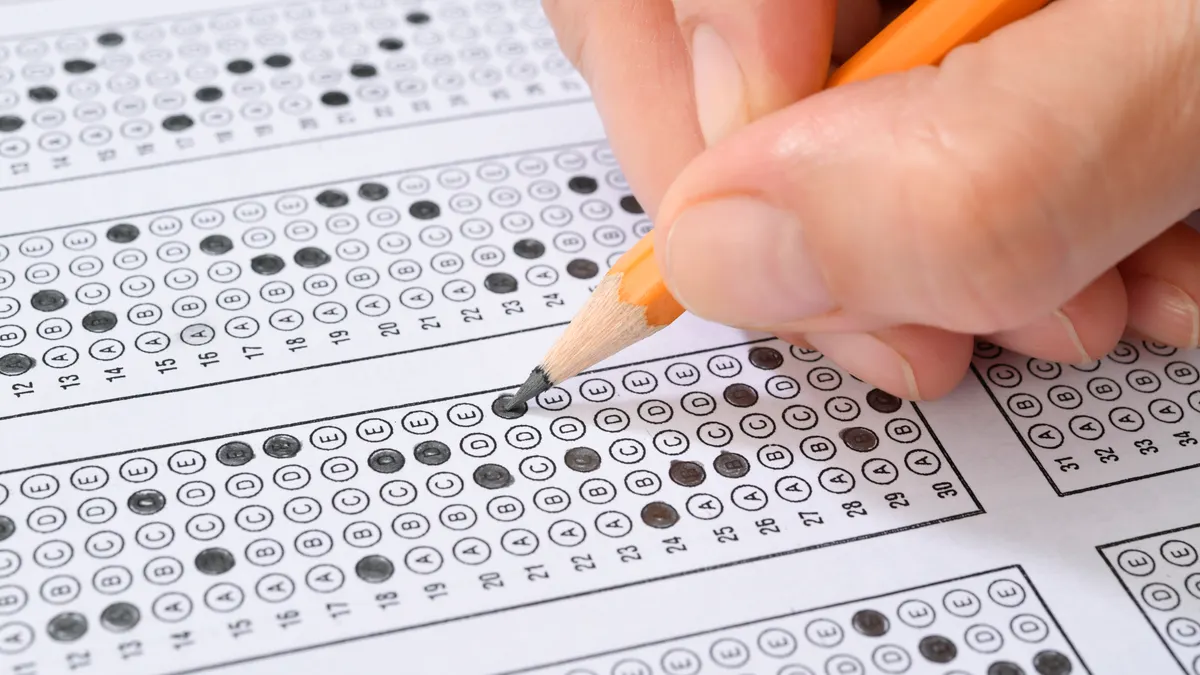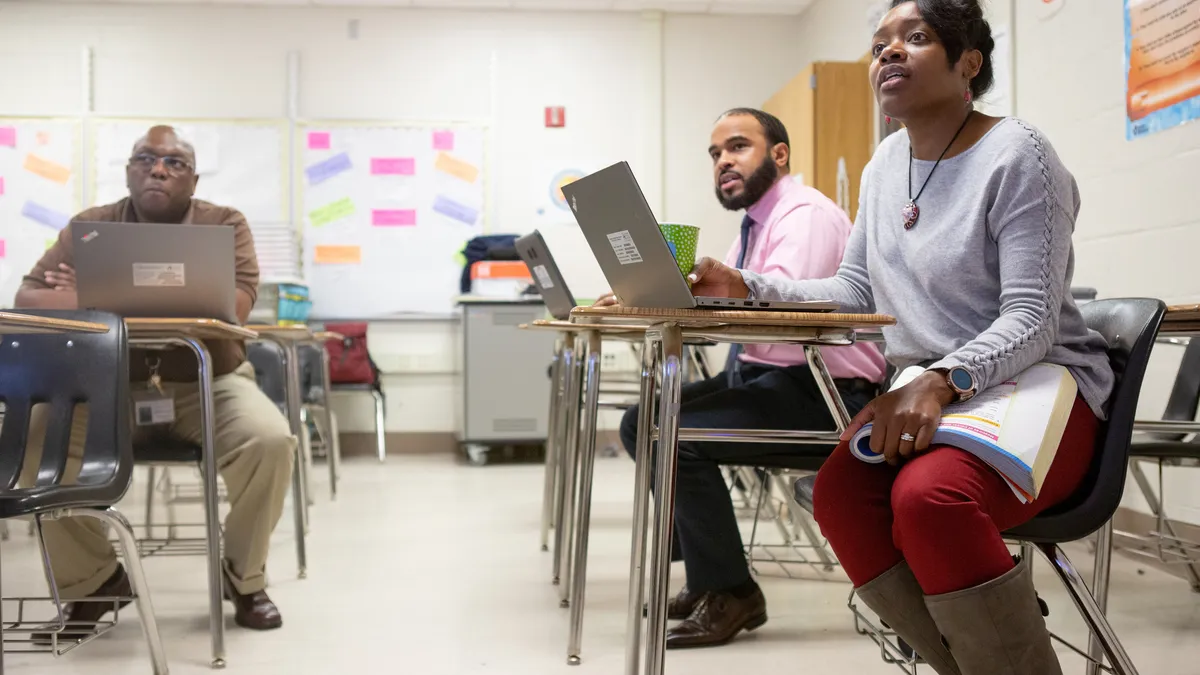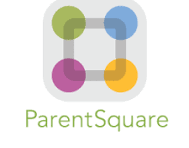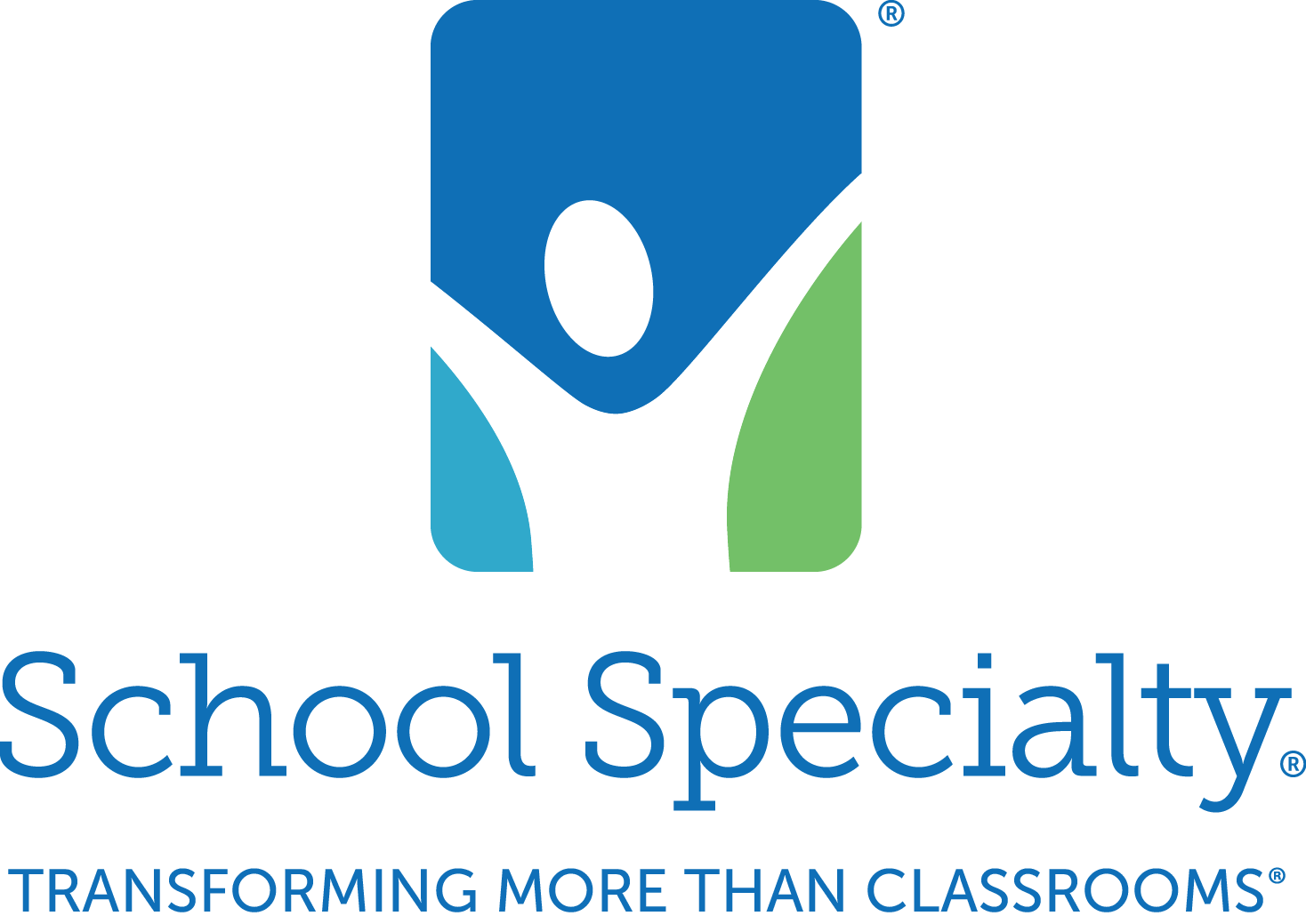Ellen Galinsky is president of Families and Work Institute and author of “Mind in the Making: Seven Life Skills Every Child Needs” and “The Breakthrough Years: A New Scientific Framework for Raising Thriving Teens.” She is co-leading the creation of an AASA Summit on Real Skills for Real Life for educational leaders in October 2025.
Barb Wilder-Smith is executive director and co-developer of Tools of the Mind, a nationwide, research-based early childhood program that integrates self-regulation with academic learning, builds teacher understanding of executive function, and provides a tool to track children's self-regulation development across real-life classroom activities.
Ian Knox, an elementary school principal in upstate in New York recently wrote:
“…[T]hose of us who work in elementary schools have observed a growing number of kindergartners having challenges with self-regulation, which can impact an entire school community. Dysregulated students can create stress, burnout, and unsafe learning environments for their teachers and peers.”
This isn’t just one principal’s concern. In a National Center for Education Statistics nationwide survey, three-quarters of K-12 educators identified a lack of focus — one of the most visible signs of dysregulation — as a moderate to severe barrier to learning.
And it’s not just educators — parents are concerned, as well. Parents report 27% of preschoolers struggle with self-regulation.

Most alarming: A longitudinal, population-based study in Massachusetts, presented its most recent data through 9 years of age (currently under review) at the Society for Research in Child Development conference in May 2025, showing that growth in young children's executive function skills stalled during the pandemic and still haven’t recovered. University of Minnesota professor Stephanie Carlson, the co-creator of the assessment used to measure EF skills, said it was “remarkable how far behind they fell for their age.”
Not surprisingly, there’s been an intense search for who or what to blame. The pandemic? Social media? Technology? Parents? School pressures?
Identifying causes — because there will be more than one — is important. But we need to stop just asking who's to blame and instead ask what we can do to correct it. The answer requires a deep understanding of self-regulation to effectively support the development of this crucial life skill.
Self-regulation and executive function
Self-regulation begins in the brain with executive function skills that help children manage their attention, behavior and emotions. These skills, like the three R’s — reading, writing and ‘rithmetic — must be learned and practiced.
EF skills are not “soft skills,” either. They are the basis for all learning. University of Minnesota professor Phil Zelazo, a pioneer in studying EF skills, explains, “Executive function skills provide a foundation for deliberate learning and adapting to life’s challenges. Everything that we want to do intentionally requires executive function skills for success.”
With impact far beyond childhood, these skills are essential to lifelong success. As researchers Adele Diamond and Daphne Ling wrote in 2015, “EFs are predictive of achievement, health, wealth, and quality of life throughout life, often more so than IQ or socioeconomic status. They are more critical for school readiness than IQ or entry-level reading or math. They are predictive of success throughout the school years from preschool through university.”

Rethinking self-regulation
When children are dysregulated, we can mistake it for unruliness or laziness and erroneously use rewards or punishment to incentivize obedience. While this may temporarily address the problem, it does not build the skills they need to learn to regulate themselves.
A key step in rethinking self-regulation is to understand that it varies based on what’s happening right now. It’s not simply whether a child “has” the skill.
Just as a marathon runner may struggle to climb stairs after finishing a race, children with strong self-regulation, whose capacity has been depleted by a challenging math problem or a comment from another kid, can become dysregulated in the next activity. But all children (and adults) can strengthen their EF skills and learn strategies to regain self-regulation.
We also need to rethink how EF and self-regulation skills develop. These skills are built through supported practice in everyday life. It’s tempting to create stand-alone lessons and think we’ve checked the box. But research shows that these efforts often fall short because of a lack of “far transfer.”
Children who learn a skill in only one situation have trouble applying it to other situations. To build self-regulation, children need repeated practice in a variety of real-life situations. And all children benefit from this practice — not just the children who are struggling.
A crisis we can solve
The good news is that there are solutions to help promote “far transfer” found in research and learned through our experience.
Imagine putting on "executive function glasses" that enable you to spot opportunities to promote self-regulation skill-building so it can be incorporated into school and home activities. This may sound like one more to-do for already busy and time-pressured adults — but it’s not about doing more, it’s about doing things differently.
Clean-up time is one of those opportunities: Children can be engaged in planning, in creating a sustained effort to meet a goal, and in reflecting. “When the music starts, let’s all pitch in. I’ll take the books — what will you do? Let’s see how much we can get done by the time the music stops.”
After it’s over, discuss “How did it work? What should we do the same or differently tomorrow?” Retrospective reflection, or thinking back, and prospective reflection, or thinking ahead, are key EF processes and integral to self-regulation development.
Self-regulation development also needs individual support. When a child struggles with attention, respond like a coach. Express confidence that they can learn this skill. Help them choose a strategy they can use next time they are losing focus.
Recognize that a situation may be challenging in advance, and ask, "What's your plan if your mind starts to wander?” And then afterward, ask, “How did that work?” You're teaching them how to regulate themselves.
It’s time to take action
Administrators, teachers and parents are concerned — and they should be. But it’s a challenge we can and must meet.
AASA, The School Superintendents Association, calls “Real Skills for Real Life” one of the main principles for transforming public education in our complex and dynamic landscape. Self-regulation and EF are the foundation for these vital life-skills.
Each day we delay, the more children fall behind — and teachers edge closer to burnout. But we’ve seen the measurable impact when teachers champion this issue: fewer disruptions, stronger student engagement, more time devoted to learning, and greater teacher satisfaction.
There is hope in every classroom where educators recognize that dysregulation isn’t about managing behavior — it’s about building skills. Together we can change the course and equip children with what they need to succeed, now and in the future.

